Loowatt
Joseph Maduma
June 19th 2013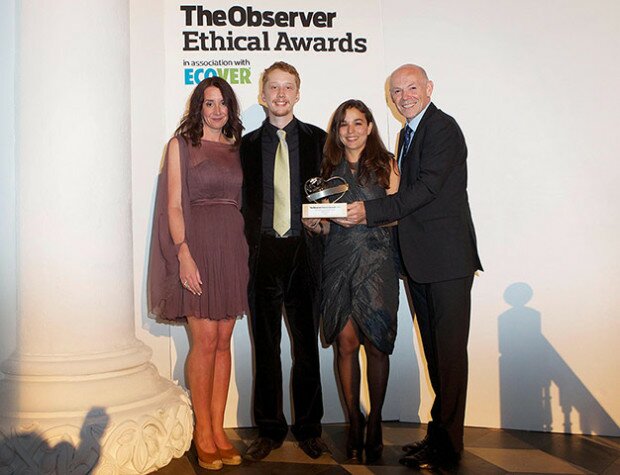
Last week Good Design was lucky enough to be invited to the Observer Ethical Awards. Dubbed the ‘Green Oscars’ they are the UK’s biggest celebration of environmental and social justice. It was a fantastic evening, filled with the great and the good of the ethical business and showbiz worlds. Colin Firth collected the ‘International Campaigner of the Year‘ award on behalf of Malala Yousafzai, Joanna Lumley received ‘UK Campaigner of the Year‘ and Lenny Henry was awarded the coveted ‘Lifetime Achievement Award‘ for his outstanding work with Comic Relief.
There were many other hugely inspirational initiatives and businesses on show that deservedly picked up awards during the evening but the stand-out idea of the night for Good Design came from the winner of the ‘Big Idea’ award, Loowatt - a waterless toilet system that creates energy and fertilizer from human waste.
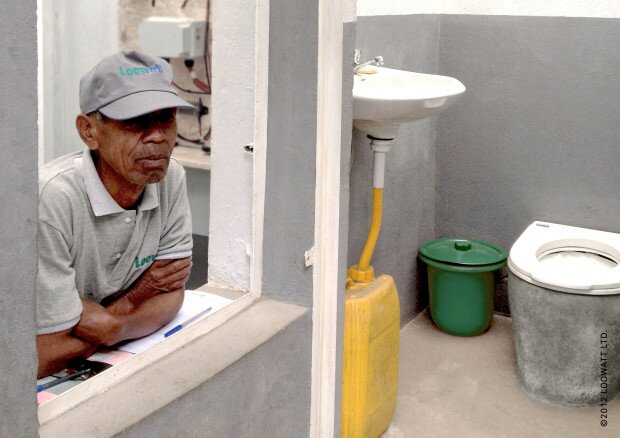
Loowatt is a for-profit company based in the UK that was formed in early 2010 and is based at InnovationRCA, a London-based business incubator supported by the Royal College of Art, the James Dyson foundation and others. The idea for the business originated from founder ’s Industrial Design Engineering Masters project in 2007. Her project questioned the unethical practice of flushing the toilet with drinking water and tried to portray excrement as something other than a taboo substance to be flushed and forgotten.
“An exciting part of our work is not just the toilet, but the energy and fertilizer producing systems that make the toilet financially and environmentally sustainable.”
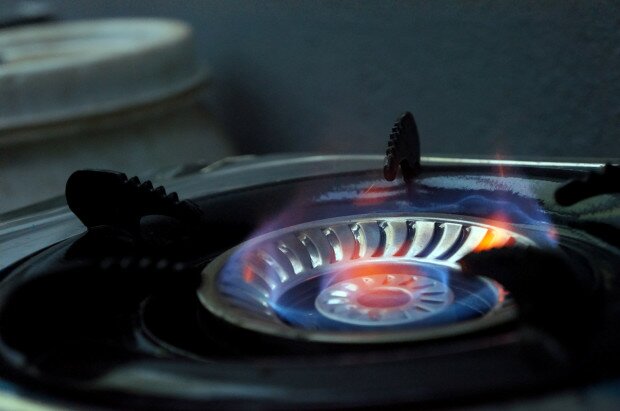
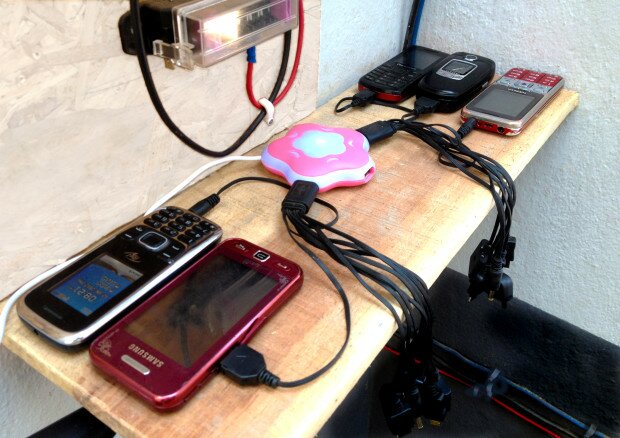
Compiling a team of designers, engineers and business people Virgina formed Loowatt and turned her thesis into an amazing piece of product innovation. The Loowatt team have managed to develop a waterless toilet system that seals human waste into biodegradable polymer film, which is treated by a process called anaerobic digestion. The digester converts the waste into bio-gas which can be used as fuel and digestate that is composted to be sold as fertiliser; the energy generated by the bio-gas produced is also sold. The toilet’s unique sealing system is patented and Loowatt have created an intelligent distributive business model, making toilet ownership and operation a profitable enterprise.
The toilet and the small-scale digester, dubbed an ‘Energy Unit,’ are owned and operated by a local entrepreneur and serve about fifty toilet users per day. This shared model fits, for example, the context of Antananarivo, Madagascar since it is a flood-prone urban centre where most families have shared pit latrines.
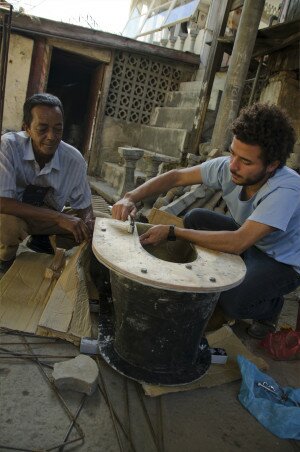
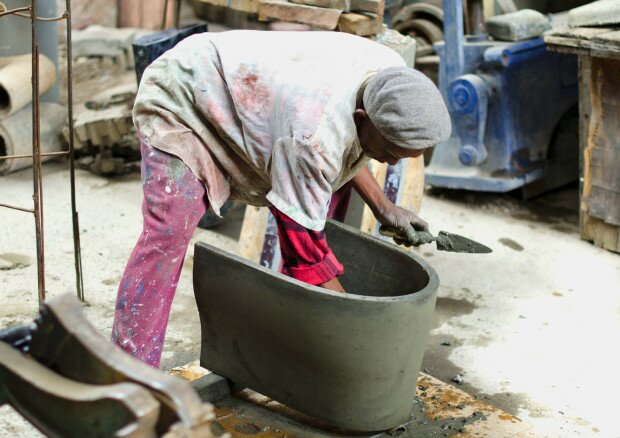
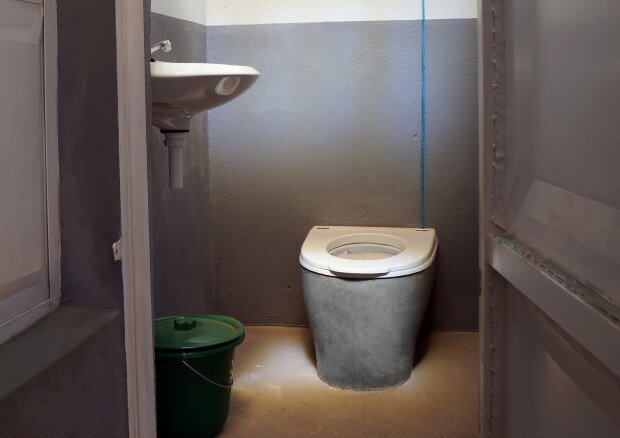
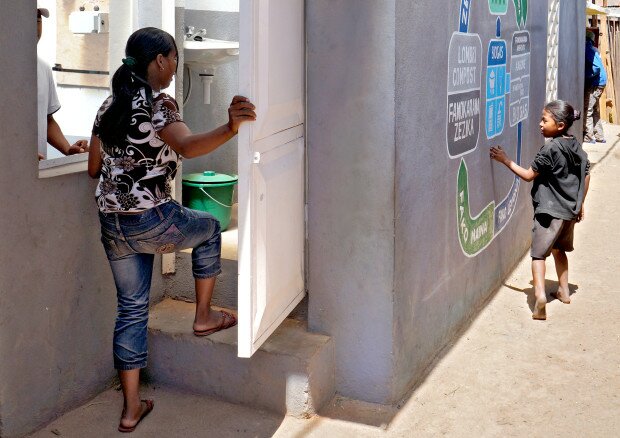
The Loowatt system is an aspirational toilet solution, which also creates valuable commodities that generate new local economies. Given the fact that 2.5 billion people (40% of the global population) worldwide lack access to sanitation, the potential for positive social change is enormous. And with the US$100,000 Grand Challenges Explorations Grant from the The Bill & Melinda Gates Foundation already under their belt, Loowatt are a more than worthy winner of the Ethical Observer Awards. Watch this space, the Loowatt revolution is just starting.
More here:
Loowatt
Observer Ethical Awards